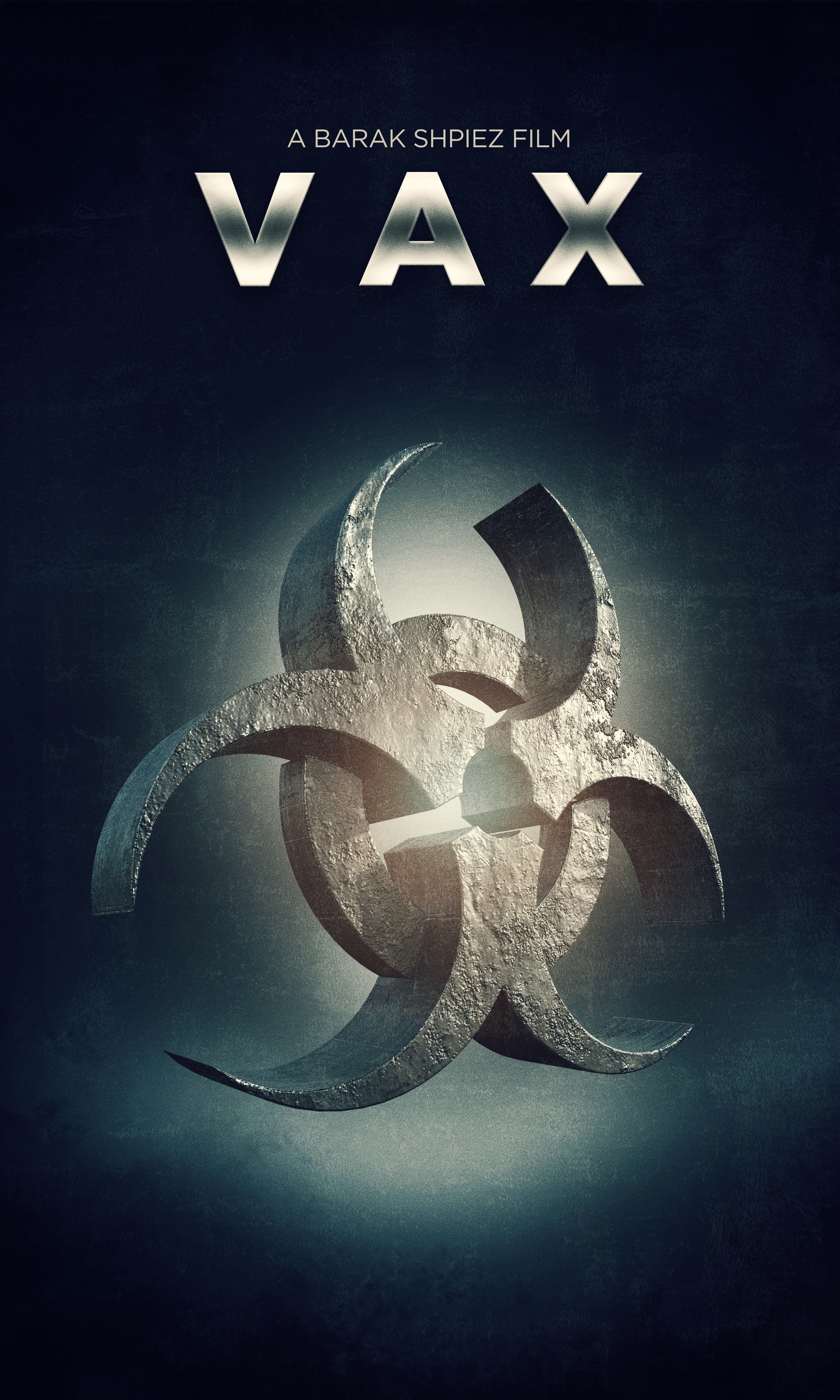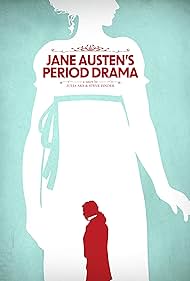
Short Film Review “Vax”
WATCH THE TRAILER HERE
First, the Recap:
Contagion. Blight. Virus. What immediately comes to mind now is the reality of COVID-19 and the subsequent pandemic an ever-evolving, relentlessly dogged microorganism caused, along with the panic then requisite, desperate demand for a solution, something to assuage its impact and spread, plus, as we always strive for with disease of any nature, a CURE. When it comes down to so many of these maladies, however, that latter element remains elusive and as of yet discovered. But, what if you were a researcher who came upon such a thing–totally by accident–that could change the world? How would you choose to handle it? Would you get support–or suppressed? Such is the excitement and hesitation that arises at Triple Hills Pharma when researcher Geoff (Cade Carradine) finds that an inadvertent error has revealed a potential cure for malaria. But, after sharing this with head researcher Eric (Ricco Ross), it leads to unexpectedly diverging mindsets that could spell lucrative achievement or big corporation-driven adversity.
Next, my Mind:
Human error which brings about unanticipated yet positive possibilities clashes with the ugliness of greed and supposed “best business practices” in a scenario that feels all too real in today’s world through this 12-minute short film project from writer/director/composer Barak Shpiez that puts its exploration of “what’s the burden of breakthrough vs. the bottom line” on candid and very believable display. One aspect of this effort’s execution that ultimately sticks out for this critic is that while what we witness is assuredly a self-contained tale, complete, and filled with plenty of dramatic tension in short order, there’s still a “proof of concept” feel to it that left me wanting more in all the best ways, having a sense of both understandable and effective conjecture in its finale in the midst of firmly establishing a set series of events that likewise leave so much room for expansion via feature film treatment.
Beyond the foundational facets mentioned above, the narrative focused on two men employed by “big pharma” whose day gets quite a jolt when realizing they’ve stumbled upon what could be the building blocks of a malaria vaccine but then face the storm of ethical dilemmas that ensue digs deeper into underlying thematic tangents conveying cure vs. treatment, conscious vs. corporate politics, uncertainty vs. absolutes, external benefits vs. set internal boundaries, silence vs. revelation, and, quite frankly, flat out right vs. wrong all have time to be showcased in a manner that allows the film to carry its relevancy with credible and purposeful impact. Perhaps not to the same extremes in situation, but in some respects the film is an amalgamation of “The Insider” and “Outbreak” in as much as both those films and this one come down to battling big business or government bureaucracy and accompanying misguided mindsets when money is ALL that influences decision making.
To expound on that latter concept even further, it paints the portrait of just how much the betterment of the world, for humanity itself, gets sidelined in the face of the few who only wish to become richer, no matter who else pays the price for it. Now, it’s completely ok to desire success as a business, but the more we have actually heard about and seen examples of what this short film and films like the ones mentioned above put in front of us, it should at least create the ongoing, necessary awareness and associated commitment to change that is necessary to, ideally, find the means to alter this way of thinking so that we do then get to at least POSSIBLY experience the kind of pioneering advancements to see illnesses like malaria and other maladies get conquered for the sake of EVERYONE instead of just to the advantage of the few. It’s a daunting task, yes, and no guarantees, but still–if we don’t take bigger action towards reform and company transparency, then it WON’T happen at all.
As previously stated this film simply does a superb job at creating the atmosphere of unease in individual belief vs. collective mandate and the subsequent consequences that arise due to it. What happens NEXT based on the film’s finale is what I personally wish to see. Hopefully we might get that feature length version should future ability come about for Shpiez and company. Carradine is a solid presence here through his role as Geoff, a researcher at the fictional big pharma company Triple Hills whose world is rocked when he realizes a basic but imperative bit of human error has ended up revealing the road to a malaria cure. Excited and yet filled with certain trepidation about the find, sharing it first with his co-worker Eric and then with his wife leads to massively conflicting yet definitive consideration about what needs to happen to ensure what’s best for the world can occur.
But, whether what’s needed to make this happen CAN be completed becomes the question, and will also end up causing more disruption in the arena of what length he will go to vs. what the company he works for has in mind. It’s once more another example of understatement in delivery that still demonstrates the needed degrees of emotive strength to suit the story, and Carradine does this well. Ross likewise imparts that same level of purposefully muted intensity but then adds an air of authoritative menace to his role as Eric, what we gather could be a lead researcher that Geoff works with and possibly is accountable to who has an even more evident hesitation when it comes to the findings the pair realize and the ramifications it signals for the world health community and the combating of an ongoing pestilence.
Going up the chain to the powers that be while swearing Geoff to secrecy about their discovery, Eric pleads their case to ears that only listen to one primary factor–profitability vs. proactive benefit to the world. Arguing his points but seemingly running into a brick wall, Eric like Geoff must make the choice maintain status quo or mutiny, knowing whichever he opts for will have consequences –but for whom? It’s this tone Ross so effectively provides the character throughout his performance and makes you question if you trust Eric or not to actually do the right thing given the fight of principals over prosperity and company “integrity”. The only supporting role present comes through Marguerite Wheatley as Geoff’s wife Rachel who is a serious voice of logic and moral-based reason for Geoff in how she feels the whole circumstance he’s in should be handled. But again, will this equal something constructive for the greater good or put them both in peril?
So, in total, “Vax” speaks deeply through brevity to the long-debated, compelling, often maligned, ever-fluctuating atmosphere of questionable large organization tactics and paradigms vs. what would be for the common good of ALL people across the world and precisely whose well-being may or may not be sacrificed in the name of the “almighty” dollar, and whether it really does remain imperative that better controls and perspective are pursued in order that EVERYONE would gain rather than having to learn about the more sadly established fears that get birthed when “Wait…who did you tell?!” rules the day.
STAR RATING (out of 5):
As always, this is all for your consideration and comment. Until next time, thank you for reading!





